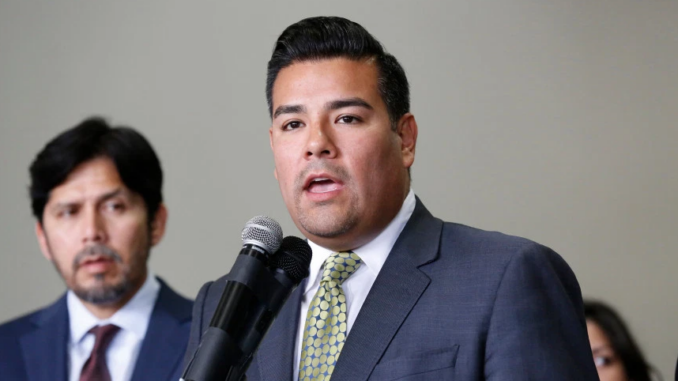
By Walter Contrera
Vice President of National Latino Evangelical Coalition
Last fall, I found out about a proposal by the California Department of Insurance to regulate affinity group programs for auto insurance. With California’s reputation for forward-thinking policies, I expected something that would make car insurance discounts more inclusive. Instead, I learned that the Department of Insurance wanted to eliminate affinity group discounts.
Affinity groups are clubs, businesses, organizations, or occupations that provide their members with discounts. In my case, I receive a discount through the National Latino Evangelical Coalition (NALEC). I’m not the only one; countless parishioners from our 30,000 member churches also manage to save a bit each month thanks to affinity group discounts. In a state where the cost of living is high, a few dollars a month can make a palpable difference.
Although I was unable to attend the CDI hearing in September, I heard that other groups, who felt as strongly as I do about these discounts, passionately defended how affinity group discounts helped their communities. The Department of Insurance asked us questions and seemed genuinely interested in the stories we told of our communities.
After all that, I wanted to believe that we had made a difference. However, in December the Department released new regulations, proposing a new definition, so that the only affinity groups eligible for discounts would be formal affiliated organizations, such as unions or those who have Costco Memberships. This is ludicrous; only granting affinity group access through these specific affiliations would not be inclusive for most Californians. Such a proposal would only make it harder for residents, our congregants among them, to determine whether they qualify for any affinity group discount. The situation would become more discriminatory in practice than how affinity groups are currently operating.
We’ve always spoken about countless hurdles for working-class Californians and residents of color when it comes to equal access of services. When it first announced that it would be looking into reforming insurance to make it more equitable, I believed that the CDI was finally listening to us. But their plan to axe affinity groups will only hurt the very populations they claim to want to help. And when we (and many other groups) pointed this out, the CDI sat through our testimonies, only to carry on with their flawed plan regardless. I can’t help but feel silenced. We’re following the rules and playing the game—but they keep moving the goalposts.
I attended a workshop on January 28th to once again defend our position, but still feel that we are not being heard. NALEC and other groups will be heading to another hearing on March 11th and hope that this time–Commissioner Lara will listen. Instead of the proposed regulations, the department should reconsider only allowing affiliated groups access to these discounts; smaller organizations should still be allowed to qualify for affinity groups even if they are not a union. It is simply unfair to give preference to larger, “affiliated” organizations while at the same time claiming to be working for the interest of our state’s most marginalized residents. If the CDI is truly attempting to make it easier for Californians to find affinity group discounts, this gatekeeping is frankly unacceptable.
I believe that our state has the best interests of its residents in mind; I know that the CDI wants to help communities of color and low-income residents. But to do that, they have to listen to us. And we’re telling them that the long-term impacts of their proposed regulations will only hurt already-vulnerable communities. Auto insurance is something that all Californians deserve; these proposed regulations will not ensure this will become a reality.



Be the first to comment